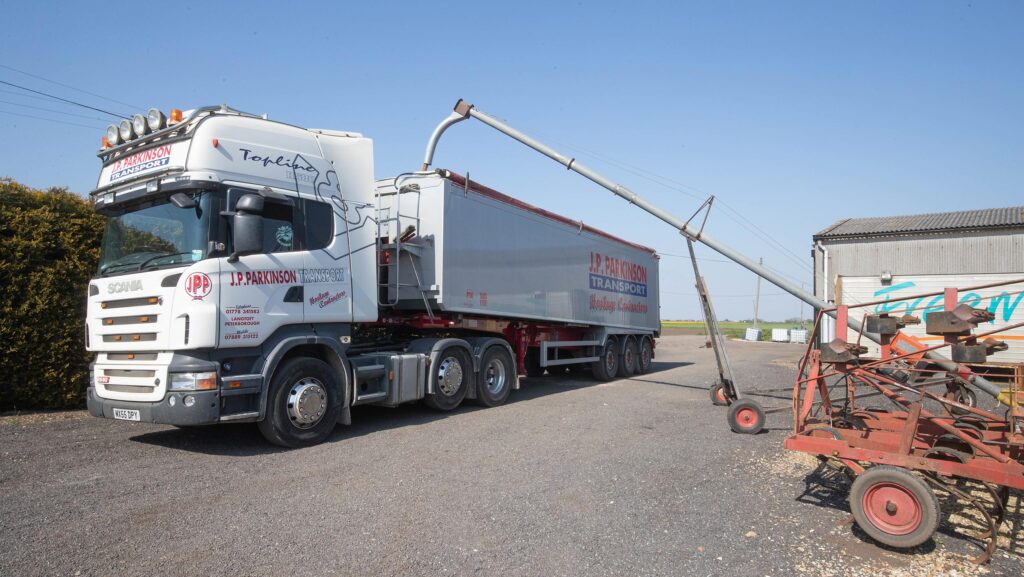Industry agrees next steps for digital grain passports
 ©Tim Scrivener
©Tim Scrivener A cereals’ sector leadership group has reached an agreement on a revised concept for digital grain passports in England and Wales.
The group – which includes representatives from the AHDB, the Agricultural Industries Confederation, the NFU, the Maltsters’ Association of Great Britain, and UK Flour Millers – will now work to create a new business case to be shared with the wider industry.
The introduction of digital grain passports to replace paper passports has been in discussion for more than a decade. It has received a mixture of support and opposition from the domestic grain trade and farming organisations.
See also: NFU Scotland continues to reject digital grain passports
Several merchants argue that digital passports could cost farmers and merchants more money, be at risk of hacks, and be undermined by poor signal coverage in remote areas.
However, the industry group has been working on a revised business case to alleviate many of these industry concerns and it continues to carry out due diligence and benchmarking of the project costs.
Future funding
Funding through Defra is now being sought to support the build phase of the project and the leadership group hopes to meet with Defra farming minister Daniel Zeichner in March to secure the financial backing needed to make the project viable.
An agreement has been made by AHDB’s Cereals and Oilseeds Sector Council to use levy funding to cover the running costs of the digital system once it is fully operational.
NFU Scotland has previously opposed the introduction of digital grain passports and has now withdrawn from the leadership group, but agreed for the project to continue in its absence.
Any initial implementation of digital passports will now only take place in England and Wales, however if successful, it may potentially be extended to include other devolved nations in the future.
